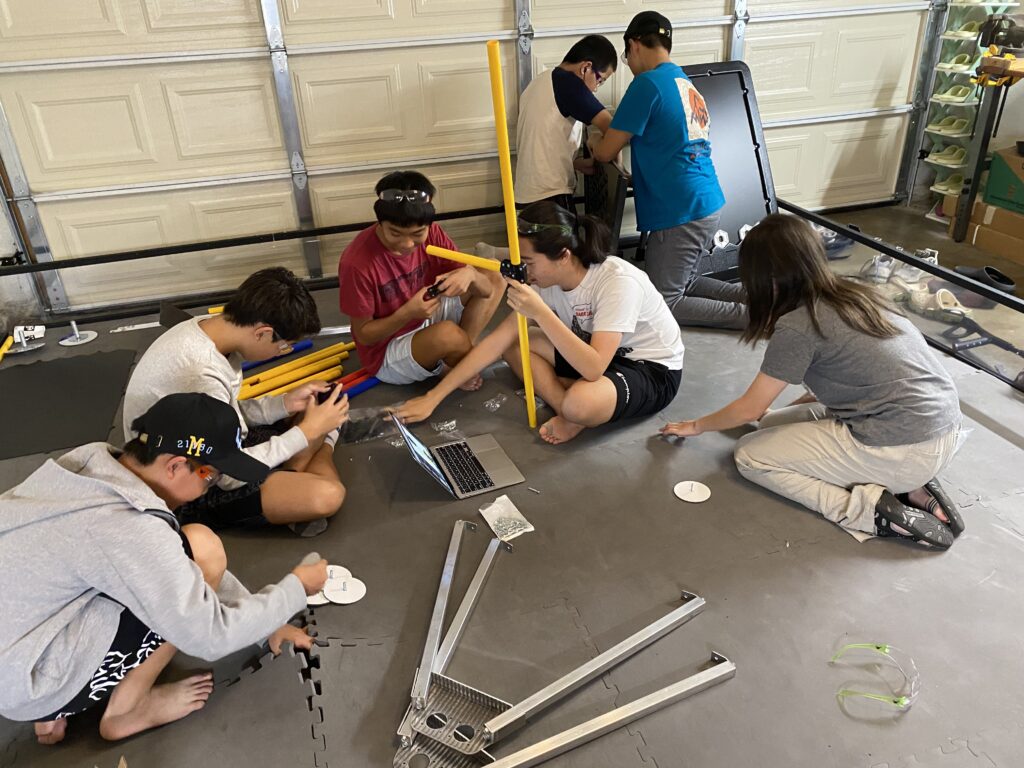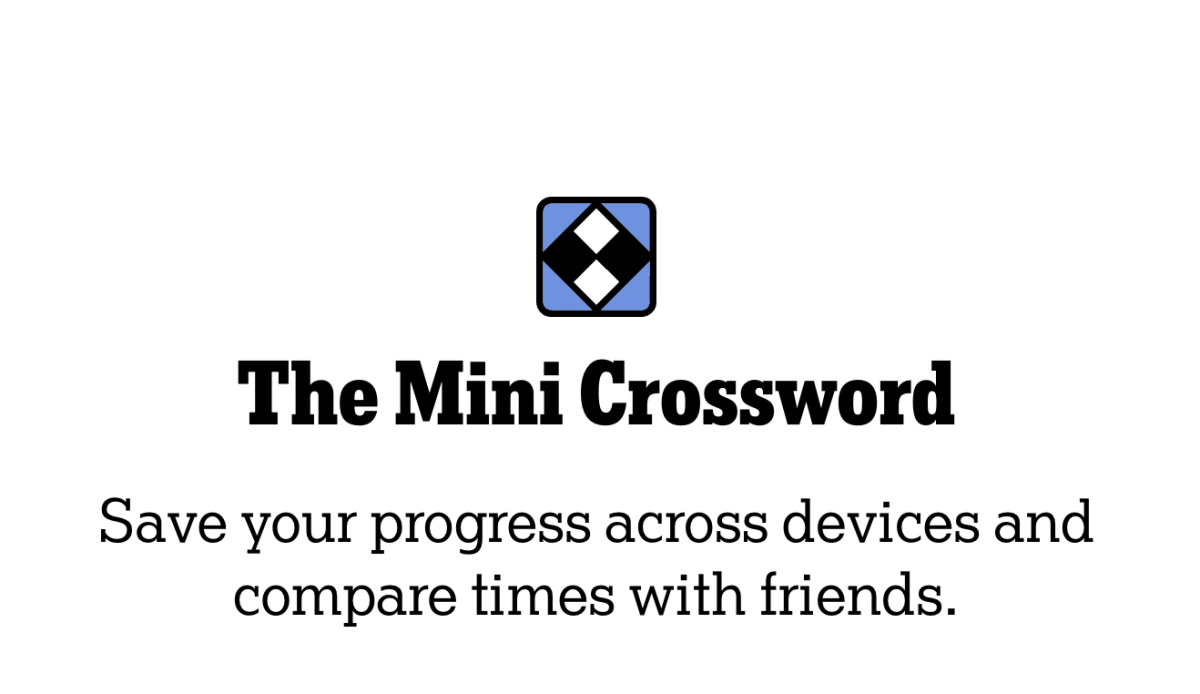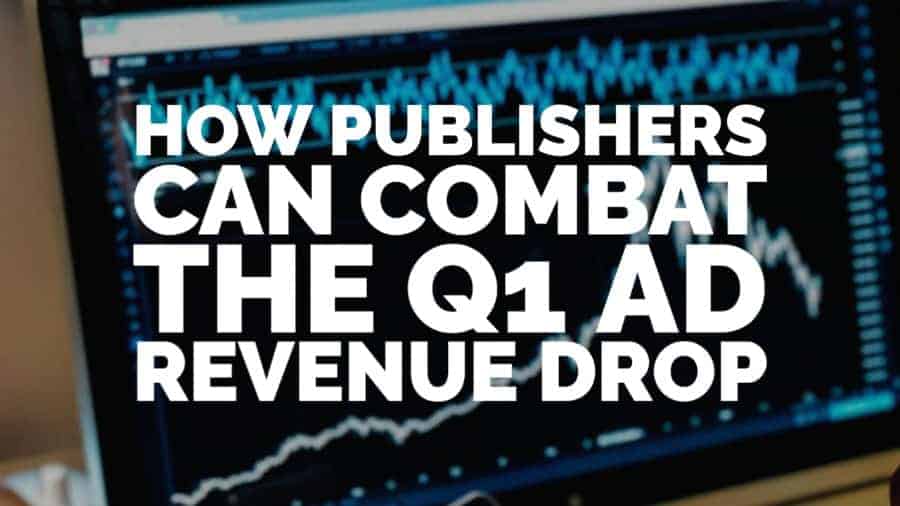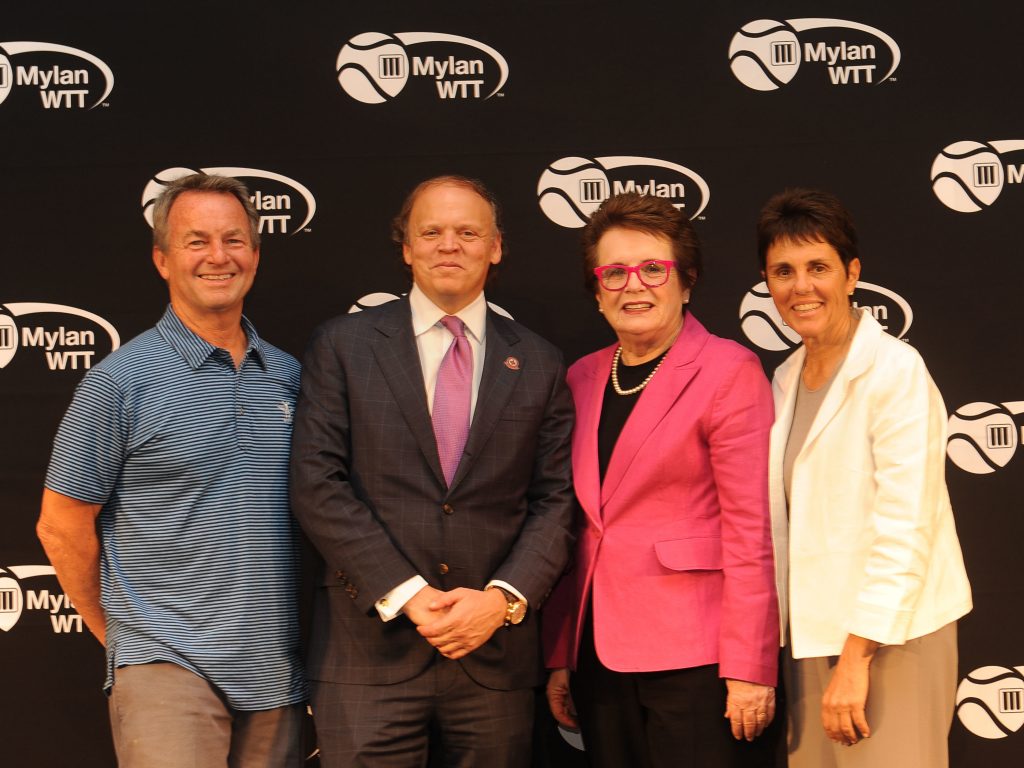Meta Monopoly Trial: FTC Defense Takes Center Stage

Table of Contents
The FTC's Core Arguments Against Meta's Monopoly Power
The FTC's antitrust lawsuit against Meta hinges on allegations of anti-competitive practices, specifically focusing on Meta's acquisition of Instagram and WhatsApp. The core argument centers on the assertion that these acquisitions weren't merely strategic moves, but deliberate actions to stifle competition and solidify Meta's already significant market dominance in the social media space.
- Anti-competitive Acquisitions: The FTC alleges that Meta acquired Instagram and WhatsApp, not to integrate them synergistically, but to eliminate potential rivals before they could challenge Facebook's hegemony. They argue these acquisitions prevented the emergence of competing platforms and limited consumer choice.
- Stifling Innovation: By eliminating potential competitors, the FTC argues, Meta stifled innovation in the social media market. Without the pressure of competition, the argument goes, Meta had less incentive to improve its platform or develop new features, ultimately harming consumers.
- Evidence of Monopolistic Practices: The FTC's case relies on a mountain of evidence, including extensive market share data demonstrating Meta's overwhelming dominance, internal company documents allegedly revealing anti-competitive strategies, and expert testimony from economists and industry analysts.
- Impact on Consumers and Competitors: The FTC contends that Meta's monopolistic practices have harmed consumers by limiting choice, reducing innovation, and potentially leading to higher prices (though the latter is less directly argued in this context given the free nature of the services). Smaller competitors, the FTC argues, were unable to compete effectively against Meta’s overwhelming market power.
Key Evidence Presented by the FTC
The FTC's case rests on a significant body of evidence, aimed at demonstrating Meta's anti-competitive actions and their impact on the market.
- Internal Communications: Internal emails, memos, and documents presented by the FTC supposedly reveal Meta’s strategic planning to acquire potential competitors and limit their growth. These internal communications form a crucial part of the FTC’s narrative of intentional anti-competitive behavior.
- Witness Testimony: Expert witnesses, including economists and industry analysts, have provided testimony supporting the FTC’s claims regarding Meta’s market power and the anti-competitive nature of its acquisitions. Their analysis of market data and industry trends plays a significant role in shaping the narrative.
- Market Analysis: The FTC has presented detailed market analysis demonstrating Meta's overwhelming market share in the social networking space. This data aims to illustrate Meta's dominance and the limited competition in the market.
- Addressing Challenges: Meta’s legal team has undoubtedly challenged aspects of the FTC’s evidence. The FTC’s response to these challenges, and the court’s acceptance of the evidence, will significantly influence the outcome of the trial.
Meta's Defense Strategies and Counterarguments
Meta's defense team has employed various strategies to counter the FTC's accusations.
- Benefits to Consumers and Innovation: Meta argues that its acquisitions of Instagram and WhatsApp have ultimately benefitted consumers by integrating these services and providing a more comprehensive user experience. They claim that these integrations have spurred innovation and created new features for users.
- Market Definition and Competition: Meta's defense includes arguments about the proper definition of the relevant market. They contend that the market isn't solely social networking, but rather a broader digital communications market where competition is more robust.
- Legal Strategies: Meta's legal strategy involves challenging the FTC’s evidence, questioning the methodologies used in their market analysis, and highlighting the competitive dynamics of the broader digital market.
The Role of Innovation in the Meta Monopoly Debate
The Meta Monopoly trial raises complex questions about the relationship between innovation and market dominance.
- Innovation vs. Monopoly: A central debate revolves around whether Meta's size and dominance stifle or foster innovation. While the FTC argues that it stifles innovation, Meta counters that its scale allows for significant investments in research and development, leading to advancements.
- Mergers and Acquisitions: The impact of mergers and acquisitions on innovation is a key point of contention. The FTC argues that these acquisitions eliminate potential competitors and stifle innovation, while Meta counters that they often accelerate innovation by combining resources and expertise.
- Network Effects: The inherent network effects in social media—the value of a platform increases with the number of users—play a significant role. Meta argues that network effects are a natural part of the market and don't necessarily equate to anti-competitive behavior.
Conclusion:
The Meta Monopoly trial is a pivotal moment for antitrust enforcement in the tech industry. The FTC’s defense is crucial in establishing whether Meta’s actions constitute illegal monopolistic practices. The outcome will have significant implications for future tech regulations and the competitive landscape of digital markets. The evidence presented, from both sides, will shape the judge's decision and influence future antitrust cases involving other tech giants. The trial’s conclusion will significantly impact the understanding of the intersection of tech giants, antitrust law and the protection of consumers in the digital marketplace.
Call to Action: Stay informed about the ongoing Meta Monopoly trial and its implications for the future of tech regulation. Follow the latest developments in the Meta Monopoly case to understand how this landmark trial will impact the competitive landscape of digital markets. Understanding the complexities of the Meta Monopoly trial is crucial for anyone interested in the future of tech and antitrust law. Keep abreast of the updates on this significant case to grasp the ever-evolving dynamics of the tech industry and its legal ramifications.

Featured Posts
-
 Southport Stabbing Tweet Leads To Mums Imprisonment And Housing Crisis
May 21, 2025
Southport Stabbing Tweet Leads To Mums Imprisonment And Housing Crisis
May 21, 2025 -
 Cobolli Claims First Atp Tour Victory In Bucharest
May 21, 2025
Cobolli Claims First Atp Tour Victory In Bucharest
May 21, 2025 -
 March 13 2025 Nyt Mini Crossword Complete Answers And Clues
May 21, 2025
March 13 2025 Nyt Mini Crossword Complete Answers And Clues
May 21, 2025 -
 6 Revenue Drop For Fremantle In Q1 Budget Cuts Take Toll
May 21, 2025
6 Revenue Drop For Fremantle In Q1 Budget Cuts Take Toll
May 21, 2025 -
 Wtt Press Conference A Revolutionary Approach To Competition
May 21, 2025
Wtt Press Conference A Revolutionary Approach To Competition
May 21, 2025
Latest Posts
-
 Latest Wwe News John Cena Vs Randy Orton And Bayleys Injury Update
May 21, 2025
Latest Wwe News John Cena Vs Randy Orton And Bayleys Injury Update
May 21, 2025 -
 Former Aew Star Rey Fenix Smack Down Debut And New Wwe Name
May 21, 2025
Former Aew Star Rey Fenix Smack Down Debut And New Wwe Name
May 21, 2025 -
 Wwe Rumors John Cena Randy Orton Feud And Bayleys Injury
May 21, 2025
Wwe Rumors John Cena Randy Orton Feud And Bayleys Injury
May 21, 2025 -
 Aews Rey Fenix Debuts On Wwe Smack Down Official Ring Name Unveiled
May 21, 2025
Aews Rey Fenix Debuts On Wwe Smack Down Official Ring Name Unveiled
May 21, 2025 -
 Rollins And Breakker Bully Sami Zayn On Wwe Raw Full Recap
May 21, 2025
Rollins And Breakker Bully Sami Zayn On Wwe Raw Full Recap
May 21, 2025
